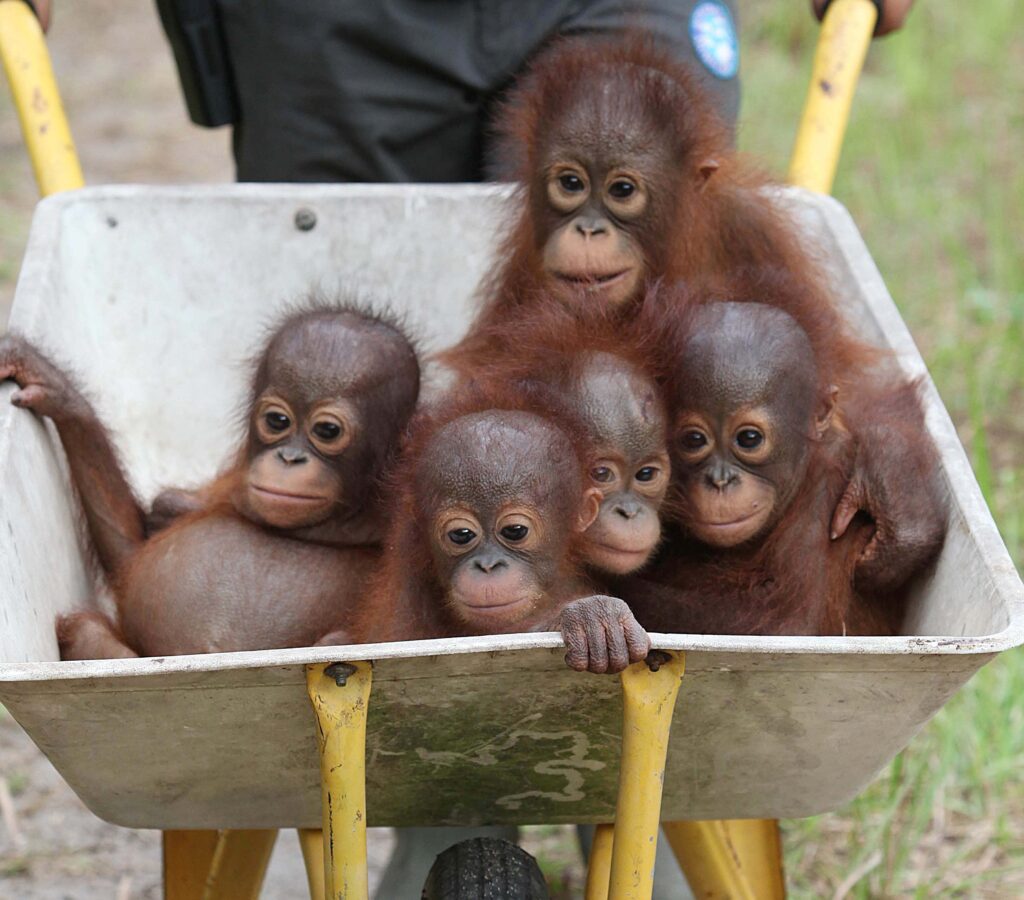Seneca Park Zoo’s conservation fundraising reached an all-time high of $57,846 in 2014, thanks to Zoo guests who were inspired to act on their passion for animals and the environment. That amount was up more than 350% from $16,289 in 2013.
“I’m inspired to know the work we do matters to our guests,” said Pamela Reed Sanchez, Executive Director of the Seneca Park Zoo Society, “and I am encouraged to see them act on behalf of the animals in our care.”
In 2014, the Zoo focused its conservation priorities, delivered stronger messages to its guests and provided additional avenues to give. Zoo visitors took full advantage of the opportunity to choose the conservation initiative to which they most connected. Whether by attending an event, rounding up to the next dollar at the ZooShop or adding a dollar or two to a membership purchase, people gave generously.
The three projects that received the majority of funds were:

$18,639 to Health in Harmony: This nonprofit organization is committed to saving Borneo’s last wild orangutans. It promotes environmental stewardship and economic alternatives to illegal logging of orangutan habitat in Gunung Palung National Park. The organization reports a 68% decrease in illegal logging.
$12,256 to International Elephant Foundation (IEF): IEF is a 501c(3) nonprofit organization that supports a wide variety of elephant conservation and related scientific and educational projects worldwide. Funds given from IEF to Northern Rangelands Trust’s anti-poaching security teams have been influential in helping to reduce elephant poaching surrounding the 22 community conservancies North and South of the Ewaso Nyiro River.
$12,678 to various projects in Madagascar: For more than a decade, the Zoo’s docents (volunteer educators) have raised important funds for projects in Madagascar. Supported projects include: the work of Dr. Patricia Wright’s Institute for the Conservation of Tropical Environments in Ranomafana National Park; the efforts of the Madagascar Fauna and Flora Group based at Parc Ivoloina near Tamatave; and the Duke Lemur Center’s SAVA Conservation Project, headed by Dr. Erik Patel, in northeastern Madagascar.
“Our work is not complete until we inspire others to become stewards of the world in which we live and to act on behalf of wildlife and wild places,” said Dr. Jeff Wyatt, the Zoo’s Director of Animal Health and Conservation. “We are most effective when we reinforce the fact that everything in this world is connected and that actions made locally affect animals across the globe.”

